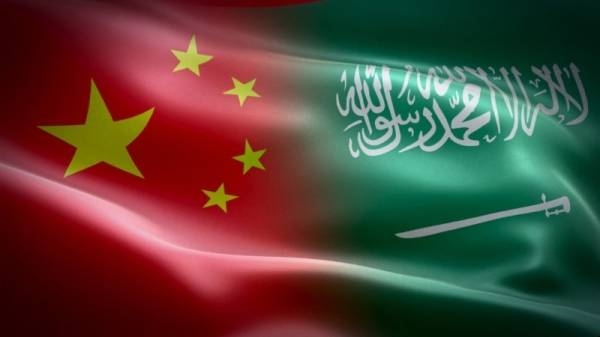China, Saudi Arabia sign currency swap agreement
Beijing (Reuters) – The People’s Bank of China and the Saudi Central Bank recently signed a local currency swap agreement worth 50 billion yuan ($6.93 billion) or 26 billion Saudi riyals, both banks said on Monday, as bilateral relations continued to gather momentum.
Saudi Arabia, the world’s top oil exporter, and China, the world’s biggest energy consumer, have worked to take relations beyond hydrocarbon ties in recent years, expanding collaboration into areas such as security and technology.
The swap agreement, which will be valid for three years and can be extended by mutual agreement, “will help strengthen financial cooperation… expand the use of local currencies… and promote trade and investment,” between Riyadh and Beijing, the statement from China’s central bank said.
China imported $65 billion worth of Saudi crude in 2022, according to Chinese customs data, accounting for about 83% of the kingdom’s total exports to the Asian giant.
Russia remained China’s top oil supplier in October despite higher prices for Russian crude, with Saudi imports down 2.5% from the previous month as it continued to restrict supply.
Chinese President Xi Jinping told Gulf Arab leaders last December that China would work to buy oil and gas in yuan, but it has not yet used the currency for Saudi oil purchases, traders have said.
Beijing is thought to have the world’s largest network of currency swap arrangements in place, with at least 40 countries, but seldom reveals the broader terms of its arrangements.
“China seems to be using swap lines in a very different way to the U.S.,” said Weitseng Chen, associate professor at the National University of Singapore. “(China) uses it as a credit line, so it’s on a constant basis, instead of a one-time, one-off thing during a financial crisis.”
Argentina in October activated a currency swap line with China for the second time in three years to the tune of $6.5 billion to help increase its depleted foreign currency reserves in the midst of a major economic crisis, with annual inflation above 130% and central bank dollar reserves hitting negative levels.
($1 = 7.2111 Chinese yuan)



